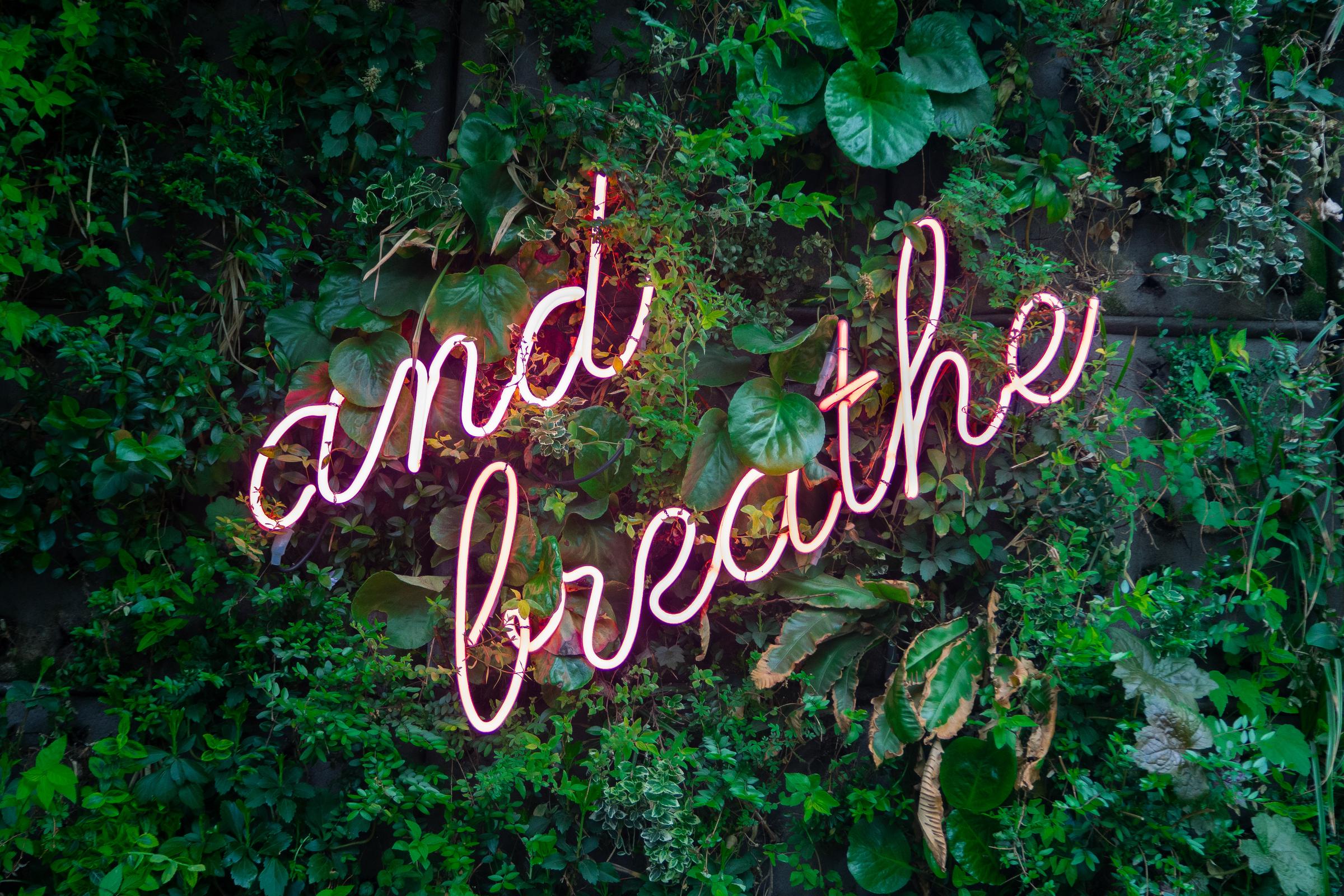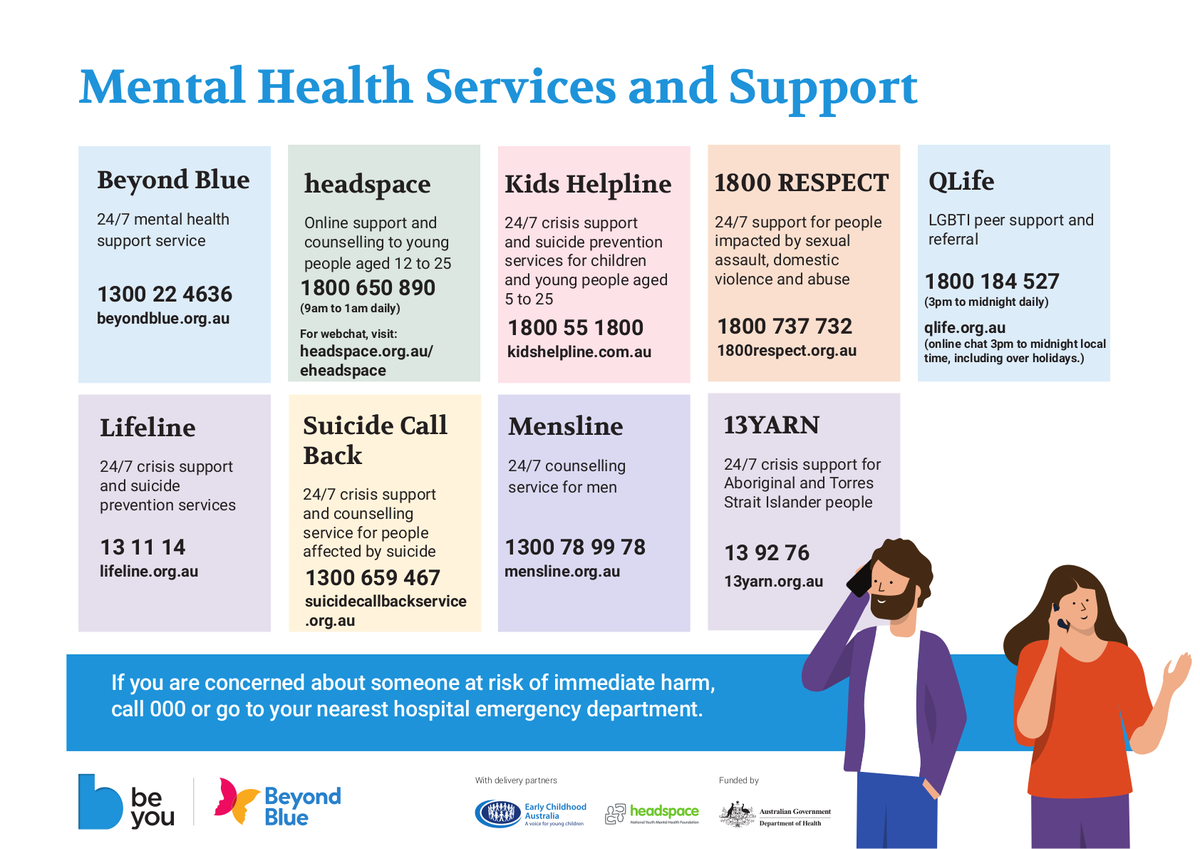Wellbeing @ NLPS

Thursday 14th September
Like good friends, some things are just better together. The support of a good mate can help someone feel connected and supported as they navigate life's ups and downs.
This can include exam and study pressure, financial stress, mental ill-health and navigating relationships. We all want to be there for our friends when they're struggling, but sometimes it can be tricky to know what to say and do.
That's why we've put together these resources, to help you #FriendBetter and know how to have those important conversations.
Spot the Signs
If you feel like something’s not quite the same with a friend – there’s something going on in their life or you notice a change in what they’re doing or saying - trust that gut instinct and take the time to ask them, 'are you OK?'
When someone is struggling it can be hard to speak up and ask for help. By acting as ‘eyes and ears’ and reaching out to anyone who's going through a tough time we can show them they’re supported and encourage them to access help sooner. Learn more about the signs to look out for here.
Tips to help you #FRIENDBETTER
There are different things you can say or do to support your friends, depending on what they are going through.
These eight articles feature practical tips to help you lend support to a mate or young person in your life who is going through a tough time. The eight articles focus on:
- Exam stress and academic pressure
- Uncertainty about the future
- Financial stress and cost of living
- Self esteem
- Motivation and procrastination
- Navigating relationships
- Mental health
- Loneliness
Welcome to Consent
Issues of consent, sexual assault, and gender inequality are often prominent in the media and community conversations. These issues are critically important. Our school in partnership with parents, has an important role to play in addressing this significant social issue. We teach Respectful Relationships education as part of the Victorian Curriculum, which focuses on building students’ social and emotional skills by supporting them to recognise and regulate emotions, develop empathy for others and build and manage safe and respectful relationships (including understanding consent).
Although the legal age of sexual consent is beyond primary-school aged children, we believe that a foundational understanding of consent at a young age may contribute to a stronger awareness of respecting the rights of others, when our students are older. Our intention is to be more proactive, rather than reactive.
At Newport Lakes Primary School, we are working hard to introduce the concept of ‘consent’ with our students. We are using the word ‘permission’ to support students’ understanding of consent. Consent needs to be considered and respected and can be found in a myriad of ways at our school. From asking someone to give them a hug, to playing with someone else’s toy – it’s everywhere, and very relevant for young children.
You may like to discuss ‘consent’ with your children at home, to reinforce this important concept.
Some key points to focus on at a primary school level could include:
- Consent is an agreement between two or more people about something that everyone is happy to do
- Sometimes people change their mind about consent. For example, a child’s brother might have let his sister borrow his soccer ball on Friday, but on Friday night he wanted it back because he forgot that he had soccer practice. He is allowed to change his mind and change his ‘yes’ to a ‘no’.
- Consent should be specific. For example, ‘Yes you can borrow my soccer ball for the school day on Friday, but I want it back at 4pm that same day.’
- Body language can help you to understand someone’s consent. If someone looks scared, worried, or uncomfortable, then they probably don’t want to give their consent.
- If someone says, ‘maybe’, or ‘not right now’, or ‘maybe tomorrow’, these all count as ‘NO’.
- If you ask for consent and the person doesn’t respond, or says nothing, then this is also not a ‘YES’ – it is therefore a ‘NO’.
At home, you could try and weave in the word ‘consent’ into conversation, where appropriate. For example, ‘I am happy to give you consent to go on that playdate next weekend.’
Our Respectful Relationships leaders have created a comic-strip style poster about consent at our school, and different situations where consent is needed. They have visited all classrooms to share these posters, so that consent is visible around our school. They have also made a video that has been shared with all classes, and all classroom teachers will be playing the following video, ‘Consent for Kids’. (Access at https://www.youtube.com/watch?v=h3nhM9UlJjc)
The book, ‘Welcome to Consent’ by Yumi Stynes and Dr. Melissa Kang may also be a useful resource in your home. A lot of it is more appropriate for high-school aged students, but you may find some of the content useful in preparing discussions for a later date with your child(ren).
As a parent or carer, if you or someone you know is impacted by sexual assault and needs support, please contact 1800 RESPECT on 1800 737 732 or visit www.1800RESPECT.org.au.









